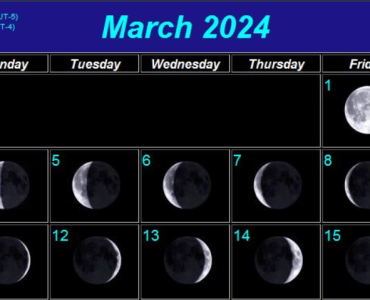Question: Is five times daily prayer mentioned in the Qur'an, or do we pray of our own accord, or according to the Sunnah only?
People seek to find their answers in the exact form they expect to find in the books they read. Therefore, they seek the answer of this question in the Qur’an in a specific form. Also, the fact that the Qur’an was sent down in Arabic[1] is ignored, and the details which may only be obtained through Arabic grammar remain unnoticed. This is why the answer is alleged not to exist in the Qur’an. However, God puts it into words only with a need of simple evaluation:
The almighty God commands about prayers in the Qur’an:
حَافِظُواْ عَلَى الصَّلَوَاتِ والصَّلاَةِ الْوُسْطَى وَقُومُواْ لِلّهِ قَانِتِينَ
“Keep on offering the prayers and the middle prayer. Stand before God respectfully.” (al-Baqarah/the Bull; 2:238)
The word translated as ‘prayers’ is ‘salawat: الصَّلَوَاتِ’. This is the plural form of the word ‘salat: صلاة’ : ‘prayer’.
In Arabic language, there is a distinct form to name two entities. So, the plural form (here, as well as in general) denotes at least three entities. Therefore, the word salawat (prayers) denotes at least three prayers. The middle prayer is mentioned as an addition to these. So, to be able to find how many times we should pray, we have to find the next number having a ‘middle’ after 3, in other words the next odd number after 3, which is ‘5’. Therefore, considering the prayers and the middle prayer, we find out from the Qur’an that the number of prayers is at least five times a day.
Another verse about the prayer times is:
وَأَقِمِ الصَّلاَةَ طَرَفَيِ النَّهَارِ وَزُلَفًا مِّنَ اللَّيْلِ إِنَّ الْحَسَنَاتِ يُذْهِبْنَ السَّـيِّئَاتِ ذَلِكَ ذِكْرَى لِلذَّاكِرِينَ
“Offer the prayer in two parts of the daytime and in the times of the night that are closer to daytime. Surely, good works drive away evil works. This is the sound information for those who use their knowledge.” (Hud 11:114)
Part of something is called taraf (طرف) in Arabic[2]. According to the verse above, the first obligatory prayer prescribed, is during the time when the sun shifts to the west. The second must be the ‘asr’ period since it is the only other prayer offered during the daytime.
Zulaf (زلف) is the plural form of zulfa زلفة)), and means ‘closeness’[3]. Since the plural form denotes at least three entities, the term “zulaf of the night” means ‘at least three periods that are close to the daytime’. Closeness to daytime can only be noticed by seeing some light in the sky. These are the three periods when some light exists in the sky: magrib, isha and fajr times.
Thus, we clearly see that five times of praying is already written in the Qur’an.







Add comment